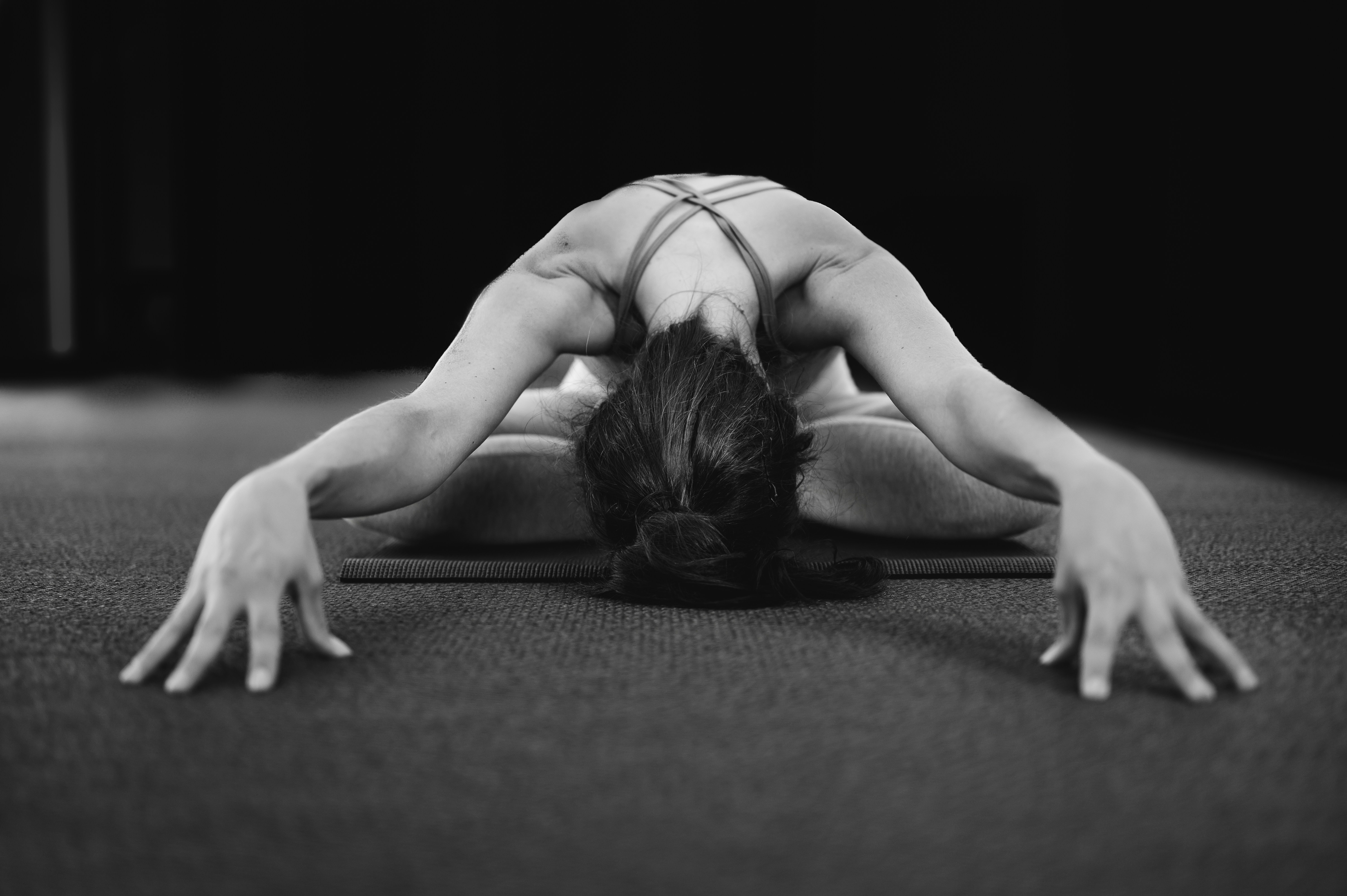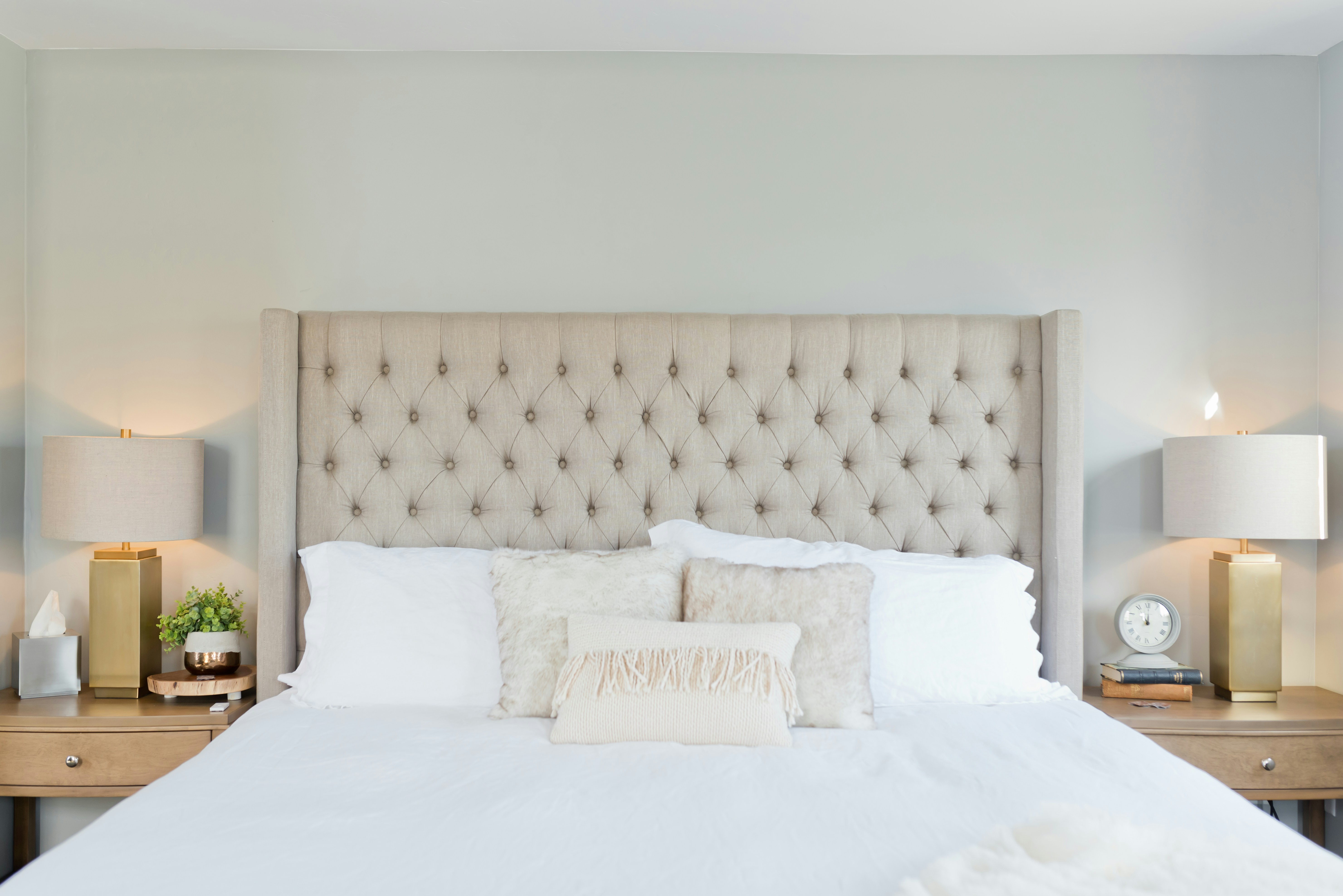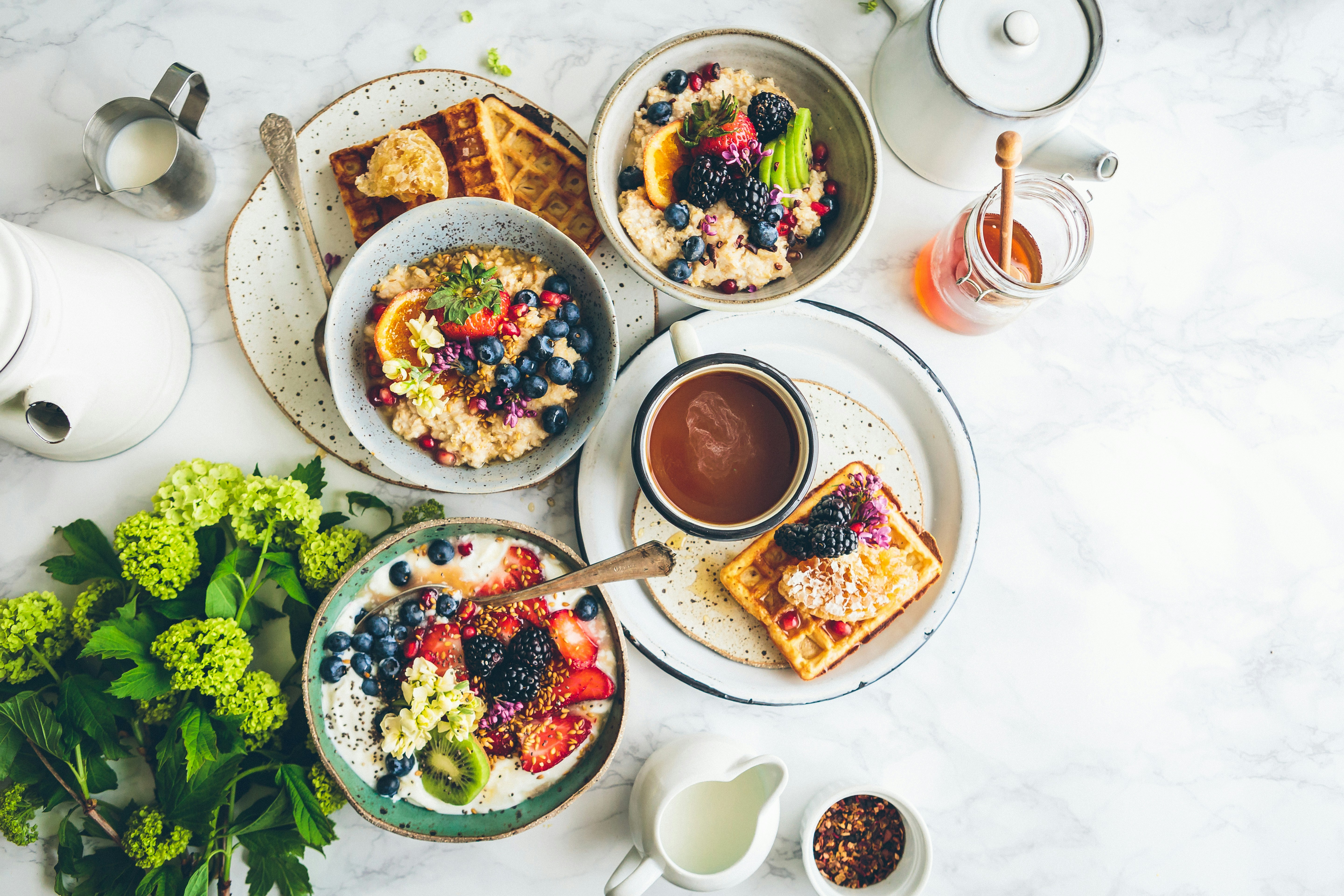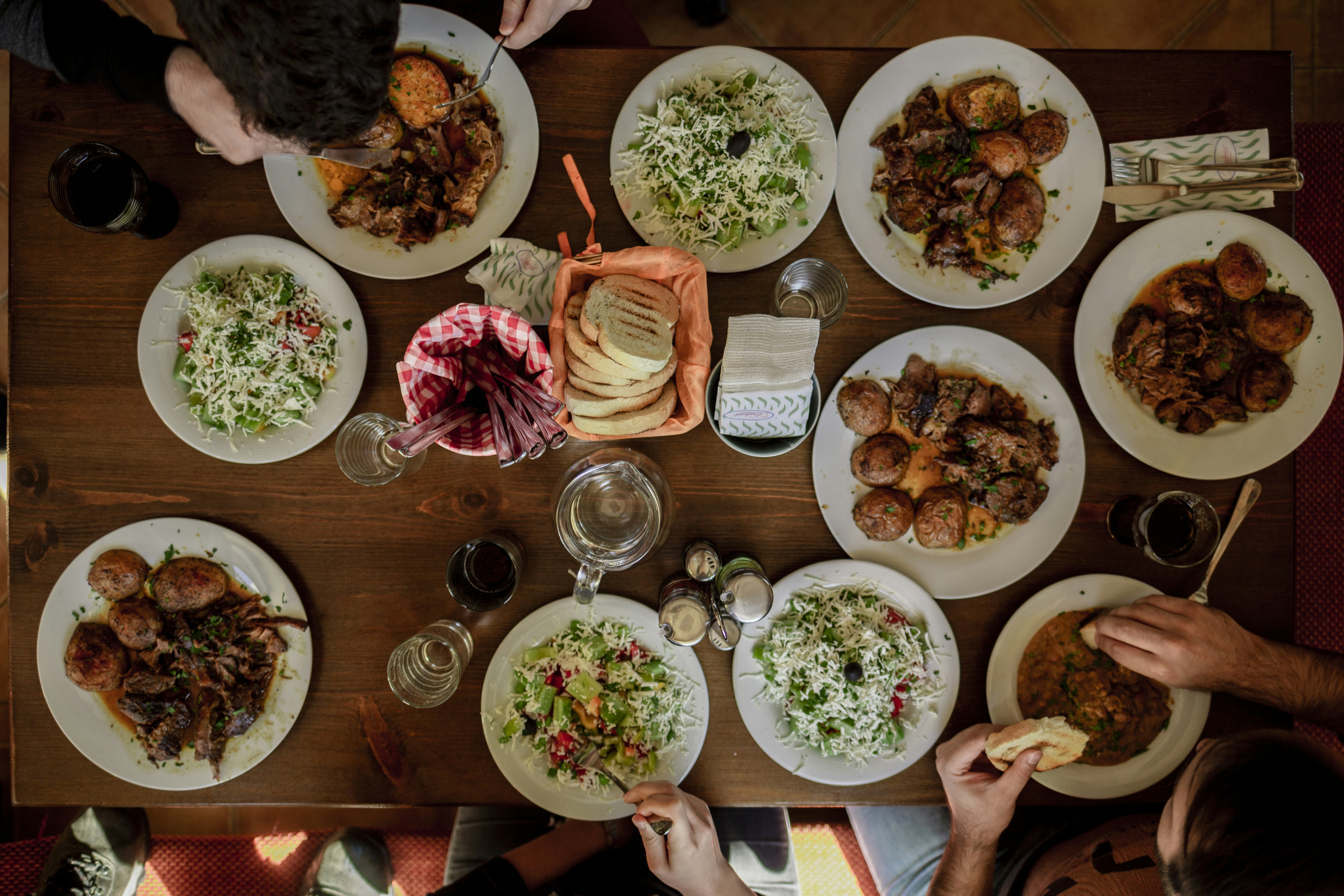Did you know 1 in 3 adults worldwide suffers from sleep deprivation? Chronic poor sleep doesn’t just leave you groggy – it increases risks for obesity, heart disease, and cognitive decline by 40%. This guide reveals science-backed strategies to transform your sleep quality while optimizing overall health.
The Silent Health Crisis in Your Bedroom
Modern life has turned bedrooms into battlegrounds. The CDC reports that 35% of American adults sleep less than 7 hours nightly, while Japanese workers average just 6 hours. This global sleep deficit costs economies $411 billion annually in lost productivity.
But here’s the good news: Small, consistent changes can create dramatic improvements. We’ll explore:
- Circadian rhythm optimization techniques
- Sleep-enhancing nutrition plans
- Exercise protocols that deepen rest
- Stress-reduction methods backed by neuroscience
Master Your Body Clock: The Science of Sleep Cycles
Your circadian rhythm acts like a biological conductor, coordinating hormonal releases and metabolic processes. Disruptions to this 24-hour cycle correlate with:
- 31% higher diabetes risk (Harvard Medical School)
- Increased inflammatory markers (Nature, 2023)
- Reduced vaccine effectiveness (University of Chicago)
Light: Your Natural Alarm Clock
Morning sunlight exposure within 30 minutes of waking triggers cortisol production that:
- Boosts alertness
- Resets melatonin timing
- Improves evening sleep quality by 76% (Sleep Foundation)
“Light is the most powerful circadian cue – use it wisely.” – Dr. Satchin Panda, Circadian Researcher
Design Your Sleep Sanctuary
A 2024 Johns Hopkins study found participants sleeping in optimized environments:
| Factor | Improvement |
|---|---|
| Temperature (18-20°C) | 42% faster sleep onset |
| Soundproofing | 57% fewer awakenings |
The Blue Light Dilemma
Smartphone use before bed delays melatonin release by 3 hours. Solutions:
- Install f.lux (free blue light filter)
- Use amber reading lights post-sunset

Nutrition for Deep Sleep
Certain nutrients act as natural sleep aids:
- Magnesium: 500mg daily improves sleep efficiency by 25%
- Tryptophan: Found in turkey and pumpkin seeds
Timing Matters
A 3-week clinical trial showed participants who ate their last meal:
- 3+ hours before bed: 28% better sleep quality
- With high-glycemic carbs: Faster sleep onset
Movement Medicine: Exercise and Sleep
Aerobic exercise increases slow-wave sleep by 75% (National Sleep Foundation). Key findings:
- Morning workouts strengthen circadian rhythms
- Evening yoga reduces insomnia severity by 55%
The 90-Minute Rule
Finish intense workouts 1.5 hours before bed to avoid core temperature elevation disrupting sleep.
Stress Less, Sleep More
Chronic stress activates the amygdala, keeping the brain in hyper-alert mode. Proven solutions:
- 4-7-8 breathing technique
- Progressive muscle relaxation
Your Action Plan
- Establish consistent sleep/wake times
- Create pre-bed relaxation ritual
- Optimize bedroom environment
Further Reading:
CDC Sleep Guidelines (Official recommendations)
2024 Sleep Nutrition Study (Peer-reviewed research)
“Sleep is the best meditation.” – Dalai Lama
Your Turn
What’s one sleep improvement strategy you’ll implement tonight? Share your plan in the comments!
Recommended free-to-use images:
1. Sleep tracker data visualization: https://pixabay.com/photos/sleep-tracker-smartwatch-health-6931375/
2. Healthy sleep foods collage: https://www.pexels.com/photo/assorted-fruits-1295572/
Design Your Sleep Sanctuary
A 2025 Sleep Foundation study revealed that 68% of people sleeping in optimized environments achieved 90+ minutes of deep sleep nightly compared to just 22% in suboptimal spaces. Let’s transform your bedroom into a sleep laboratory:
The Temperature Sweet Spot
NASA research shows core body temperature must drop 1-2°F to initiate sleep. Maintain bedroom temperatures at:
- 60-67°F (15.5-19.5°C) for adults
- 68-72°F (20-22°C) for elderly individuals
Japanese mattress company Airweave reported a 34% increase in customer sleep satisfaction after introducing phase-change cooling mattress toppers.
Soundscaping for Serenity
White noise machines aren’t just for babies – a Journal of Sleep Research paper found pink noise (lower frequency) increases deep sleep by 23% in adults. Consider:
- Dyson Pure Cool Me ($349) with sleep tracking
- Free apps like MyNoise with customizable soundscapes
- Acoustic panels for urban dwellers (blocks 70% street noise)
The Nutrition-Sleep Connection: Foods That Heal the Night
Stanford researchers discovered that dietary changes improve sleep latency 2.3x faster than sleep medications alone. Let’s examine the science:
Tryptophan Timing
This essential amino acid converts to serotonin and melatonin. Nutritionist Dr. Ellie Phillips advises:
“Combine 30g protein containing tryptophan (turkey, salmon, pumpkin seeds) with complex carbs 3 hours before bed – this drives tryptophan across the blood-brain barrier.”
Case Study: Tokyo salaryman Kenji Watanabe (42) resolved chronic insomnia by:
- Replacing nightly ramen with miso soup + edamame
- Adding 1 oz walnuts (natural melatonin source)
- Result: Fell asleep 22 minutes faster, slept 1.5 hours longer
Magnesium-Rich Superfoods
Over 300 enzymatic reactions require magnesium – including GABA regulation. Top sources:
| Food | Magnesium Content | Sleep Benefit |
|---|---|---|
| Spinach (1 cup cooked) | 157mg (39% DV) | Reduces restless leg syndrome |
| Dark Chocolate (85%, 1oz) | 64mg (16% DV) | Lowers cortisol by 18% |
Movement as Medicine: Exercise Protocols for Deeper Sleep
A 2025 meta-analysis in Sports Medicine found aerobic exercise improves sleep efficiency by 12%, while resistance training increases deep sleep duration. Timing matters:
The 3-2-1 Rule
- 3 hours before bed: Complete high-intensity workouts
- 2 hours before: Finish moderate exercise (yoga, swimming)
- 1 hour before: Gentle stretching only
Case Study: Marathoner Maria Gonzalez (29) suffered from exercise-induced insomnia until she:
- Switched evening runs to morning sessions
- Added post-workout contrast showers (2 min hot/30 sec cold)
- Result: Sleep quality score improved from 58 to 89/100
Yoga Nidra: Conscious Rest
This “psychic sleep” practice shown in fMRI studies activates the:
- Parasympathetic nervous system (rest/digest)
- Default mode network (memory consolidation)
Try the Insight Timer app’s 20-minute Yoga Nidra sessions – users report 31% faster sleep onset.
Digital Sunset: Reclaiming Pre-Bedtime Hours
The 2025 Global Screen Time Report reveals adults average 2.3 hours of screen use within 90 minutes of bedtime. Blue light (480nm wavelength) suppresses melatonin 3x more than warm light.
The 10-3-2-1-0 Formula
Sleep coach Nick Littlehales’ prescriptive approach:
- 10 hours before bed: No more caffeine
- 3 hours: Finish large meals
- 2 hours: Stop work emails
- 1 hour: Screen curfew
- 0: Alcohol before bed
EMF Mitigation Strategies
While conclusive evidence is pending, preliminary studies suggest:
- Router distance: Keep 15+ feet from bed
- Airplane mode: Enable if devices must stay in bedroom
- Shielding: Use Faraday canopy ($249-$599 blocks 99% EMF)
The Stress-Sleep Cycle: Breaking Free with Mindfulness
Harvard neuroscientists found 8 weeks of mindfulness practice reduces nighttime cortisol spikes by 41% and increases REM sleep by 24%.
4-7-8 Breathing Technique
Developed by Dr. Andrew Weil, this method activates the vagus nerve:
- Inhale quietly through nose for 4 seconds
- Hold breath for 7 seconds
- Exhale forcefully through mouth for 8 seconds
- Repeat 4 cycles
Case Study: Nurse practitioner Lisa Monroe (35) combined this with gratitude journaling, cutting her sleep medication use by 75%.
CBT-I: The Gold Standard
Cognitive Behavioral Therapy for Insomnia (CBT-I) has an 80% success rate per the American Academy of Sleep Medicine. Key components:
- Sleep restriction: Match time in bed to actual sleep time
- Stimulus control: Bed = sleep only (no reading/TV)
- Cognitive restructuring: Challenge negative sleep thoughts
Personalized Sleep Optimization
Emerging 2025 technologies enable customized solutions:
DNA Sleep Testing
Companies like 23andMe now analyze genes affecting:
- Chronotype (PER3 gene variants)
- Caffeine metabolism speed (CYP1A2)
- Melatonin sensitivity (MTNR1B)
Wearable Sleep Trackers
Compare top models:
| Device | Accuracy | Unique Feature |
|---|---|---|
| Oura Ring Gen4 | 92% vs polysomnography | Body temperature trends |
| Whoop 5.0 | 89% | Recovery coaching |
Sustainable Sleep Habits for Life
Remember – consistency trumps perfection. Start with one change from each category:
- Environment: Set thermostat to 65°F
- Nutrition: Add magnesium-rich pumpkin seeds to dinner
- Technology: Install f.lux blue light filter
As sleep scientist Dr. Matthew Walker states in his bestselling book Why We Sleep:
“Sleep is the single most effective thing we can do to reset our brain and body health each day – it’s Mother Nature’s best effort yet at contra-death.”
Meta Description: Discover science-backed strategies to transform sleep quality through circadian rhythm optimization, sleep-enhancing nutrition, stress reduction techniques, and cutting-edge 2025 sleep technologies.





